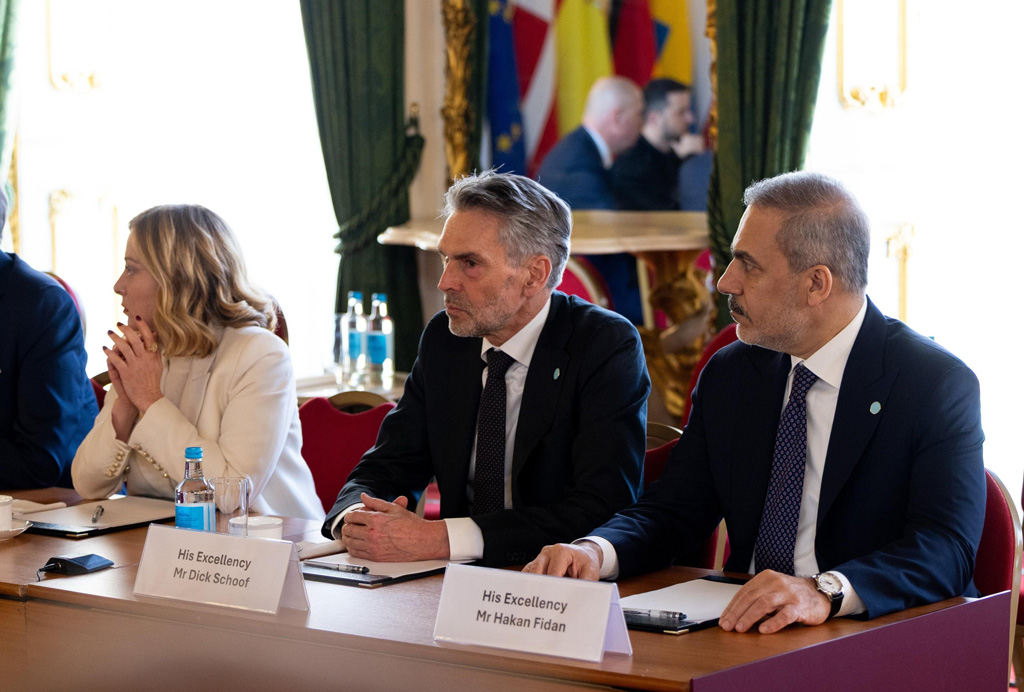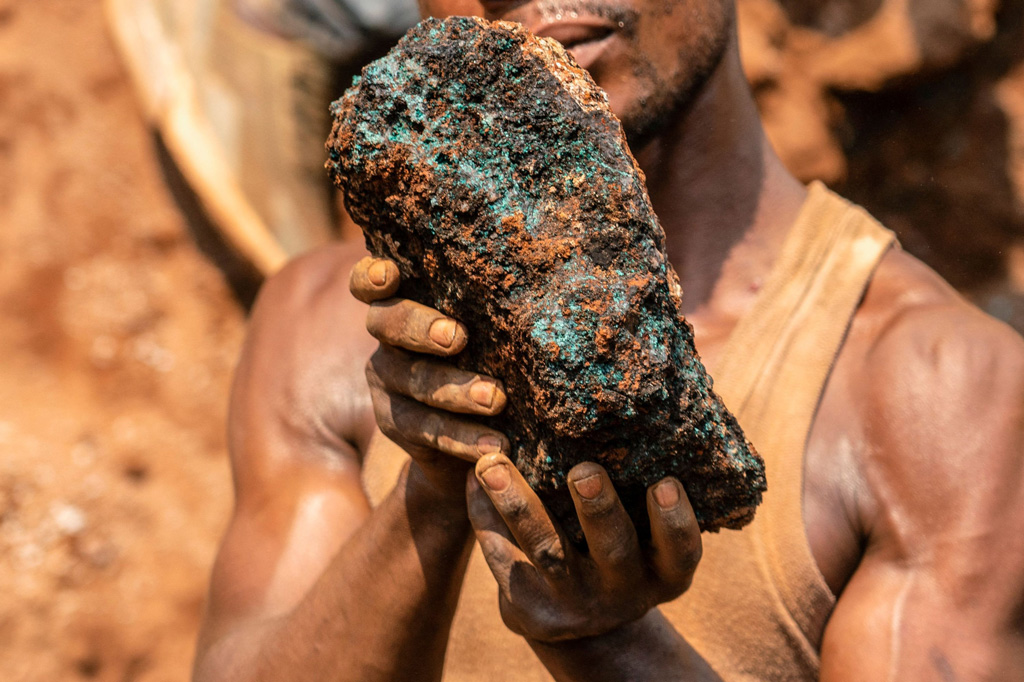Africa features prominently and represents a novel dimension of Turkish foreign policy. Ankara’s involvement in the continent has more dimensions than those related to economic relations and humanitarian aid. However, contextualising Turkish involvement requires a broader perspective in order to understand and measure the possible influence of its involvement in Somalia and the continent. Humanitarian and development aid, along with a significant interest in trade development, have been the main pillars of this new policy.
Since the announcement of ‘The Year of Africa’ in 2005, Turkey spent most of its energy on developing the diplomatic infrastructure and preparing for better structured Turkey-Africa relations. From 2005 to 2011, Turkey aimed to deepen relations with Africa at every level. Turkey’s role as an observer and strategic partner with the African Union, and in the Turkey-Africa Summit in 2008 has helped deepen institutional relations. Trade volume between Turkey and Africa has increased. Furthermore, the involvement of Turkish civil society has helped establish a better framework where both Turkey and Africa benefit from these relations.
Very much in line with its interest to become a ‘political’ actor, Ankara has shown an eagerness to find solutions to Africa’s persistent problems. Turkey hosted the Second Instanbul Conference on Somalia in cooperation with the United Nations in 2012. [1] 57 countries and 11 regional and international organisations attended the conference. Partnership forums met to discuss issues such as water, energy, roads and secessionism. Turkey’s involvement in Somalia continues and various ministers frequently make visits to follow up on projects. Somalia has to some extent become somewhat of a ‘domestic’ issue for Turkish government and society.
Turkey’s political interest in Africa has also prompted a diplomatic expansion. Turkey has increased its number of embassies on the continent from 12 in 2002 to 34 in 2013. African countries have also proved responsive to Turkey’s interest in developing political relations. After Uganda and the Democratic Republic of Congo opened new embassies in Ankara in 2011, Angola, Kenya, Djibouti, Niger, South Sudan and Ghana followed suit in 2012. Currently, 21 African embassies operate in Ankara, and the embassies of Benin and Republic of the Congo are in the process of opening. 12 more African countries have indicated their willingness to open embassies in Ankara in the next few years. If this is realised, Africa will have 35 embassies in Turkey.
Aid and trade comprise the most visible elements of Turkey’s relations with Africa. They are also the most articulated and popularised element in the official discourse. The Foreign Economic Relations Board of Turkey has established business councils as part of Ankara’s attempts to increase business activities with Africa. Turkey’s trade volume with African countries has increased from US$5.4 billion in 2003 to US$16 billion in 2008 and, despite the economic crisis, to US$17 billion in 2012. Yet, the current trade volume with Africa countries is insignificant compared to Turkey’s total trade volume with the rest of the world. Turkey aims to increase trade volume with Africa to around US$50 billion by 2015.
As a member of the Organisation for Economic Co-operation and Development (OECD), Turkey is both a provider and recipient of international assistance. The Turkish Cooperation and Coordination Agency (TIKA) until recently maintained three African based offices: Addis Ababa, Khartoum and Dakar. In 2011, it opened offices in Mogadishu and Tripoli, and in 2012 in Nairobi, Cairo and Tunisia. These offices function mostly as regional bureaus for supervising projects in surrounding countries. TIKA currently has projects in over 40 African countries, mostly related to educational, health and agricultural areas.
Turkey’s state-level humanitarian involvemen








